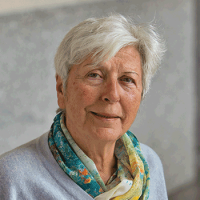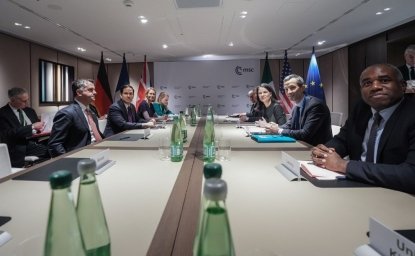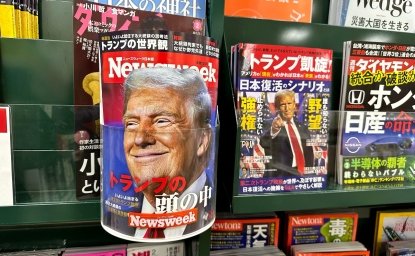A Glimmer of Hope on Syria---Robin Wright
There is now a glimmer of hope on Syria, with the emphasis on “glimmer” because of huge questions for which there are still no answers. The first basic issue is how to find, contain and destroy Syria’s chemical weapons -- and ensure they are indeed all found. This is a hugely time-consuming and logistical challenge. It’s Iraq déjà vu from the 1990s, which dragged on for years -- without a war going on in the background. Second, the latest Russian gambit to get the U.S. to renounce any future use of force in exchange for Assad turning over his chemical weapons is unlikely to fly in Washington. It may even rally Congress behind Obama a bit… [Originally posted on the LA Times.com; read full analysis here]
It Won’t Sell War-Weary Americans on Syria---Aaron David Miller
President Barack Obama's speech to the American public Monday night was eloquent and forceful. But given the odds arrayed against him -- some of his own making -- the persuader in chief likely won't make the sale. Indeed, it's likely that none of the other great communicators and explainers -- Franklin Roosevelt, Ronald Reagan and Bill Clinton -- could have either… [Originally posted on CNN.com; read full analysis here]
A Clear Case Made----Haleh Esfandiari
In a crisp and cogent 15 minute address, President Obama laid out his case for military action against Syria. It was a strong speech—even if not always forcefully delivered—because the president addressed all the thorny issues regarding US military action against Syria raised in the last two weeks; and he did so in language that was simple, clear and honest… [Read full analysis here]
Implications of Syria for Iran’s Nuclear Challenge---Robert Litwak
The emerging conventional wisdom is that the Obama administration’s enforcement of the “red line” with Syria would bolster its ability to address the Iranian nuclear crisis. But the uncertainty about the Assad regime’s actual use of chemical weapons as a trigger for U.S. action would pale in comparison to the challenge of determining whether Iran has crossed the “red line” of nuclear weaponization. Iran’s mastery of the nuclear fuel cycle creates an inherent hedge for a weapon while preserving the Tehran regime’s fig leaf of deniability about its nuclear intentions. By drawing the “red line” at preventing weaponization, President Obama has signaled that the United States is not going to undertake preventive military action to deny Iran any nuclear hedge option. Iran is progressing along the technological continuum toward weaponization but is unlikely to make a dramatic major move, such as conducting a nuclear test or withdrawing from the NPT, that would openly cross the red line of weaponization… [read full analysis here]
Chemical Weapons Diplomacy is a Win for all but the Syrian People---- Marina Ottaway
The announced reconvening of the Geneva conference is a welcome step in the directions of broadening international involvement beyond chemical weapons. Still, there is a real danger that as international actors plunge deeply into the difficult negotiations on how to secure Syria’s chemical arsenal, they will forget about the broader conflict. If that happens, Syrians will be the losers…[read full analysis here]
The Turning Point in Syria’s Civil War? ---David Ottaway
The Russian proposal to strip Syria of its chemical weapons arsenal has doubtlessly saved President Obama from an embarrassingly political defeat in Congress, at least temporarily. If it proves impossible to implement, then his hand should be strengthened when and if he returns to Capitol Hill seeking approval for a military strike. In any case, the Russian proposal has already forced Syrian President Bashar al-Assad ‘s regime to admit finally that it does indeed possess chemical weapons and even to agree to get rid of them. This is a major and very welcome shift in Al-Assad’s position, suggesting weakness and dwindling Russian support. The only question is whether he will now try to wriggle out of an agreement that so far only his foreign minister, Walid Moallem, has declared publicly Syria is ready to accept… [read full analysis here]










